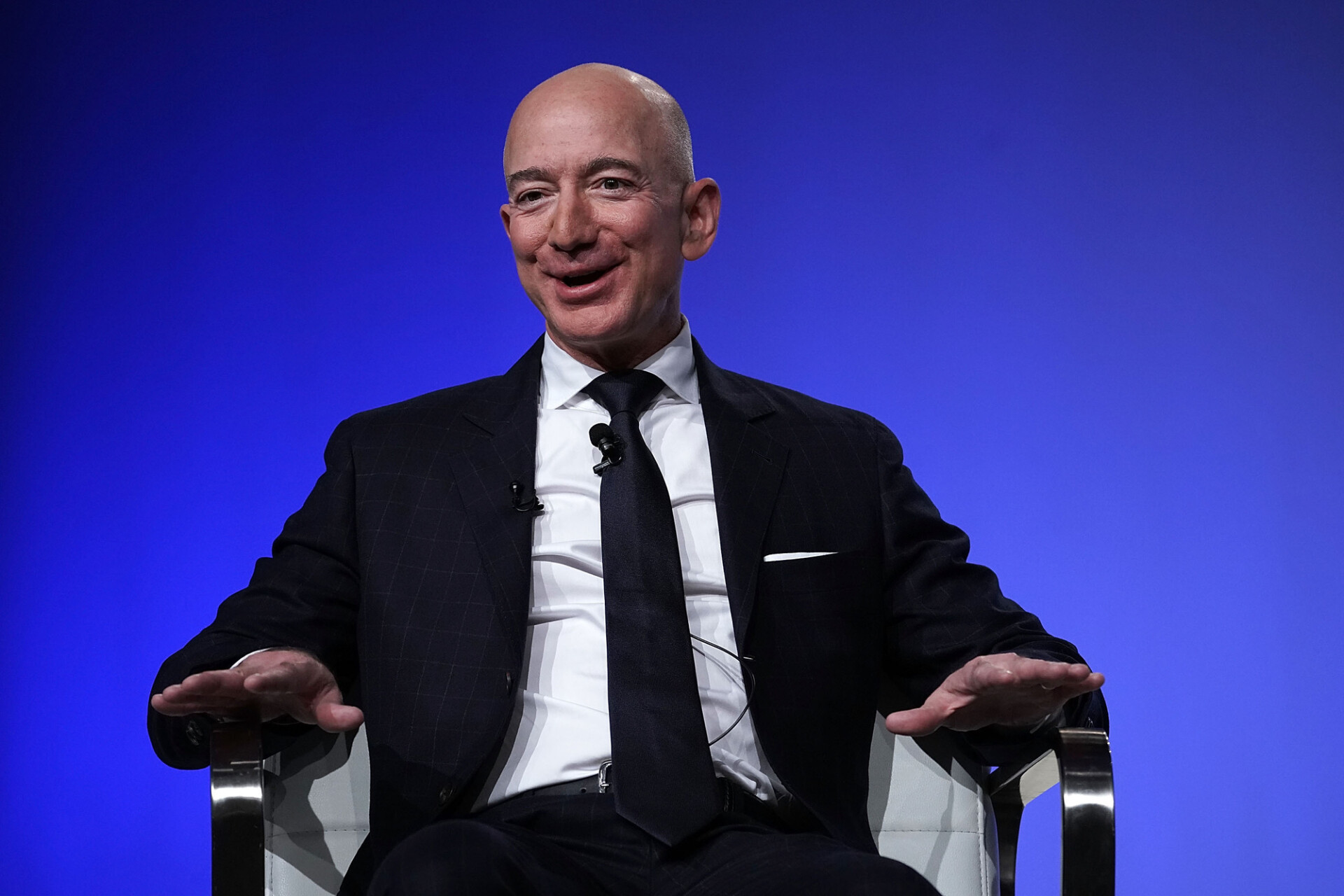As I write this, the Washington Post has reportedly lost over 250,000 paid subscribers after choosing not to endorse a presidential candidate in this year’s election. There’s no guarantee that all of those unsubscribes are due to the decision — and the figure has come from an anonymous source — but there’s no doubt that many are fleeing the paper because they feel it betrayed their trust.
In the era of the first Trump presidency, the Post adopted the slogan, “democracy dies in darkness,” fashioning itself as a sort of check on the new president. It won thousands of subscribers by implying that its adversarial coverage would disproportionately target one man: Donald J. Trump.
So it’s hardly any surprise that bowing out of the endorsement game has cost it subscribers. Many of these paying customers had come to believe that the paper’s job was to be a partisan outlet helping them wage partisan war against their Republican foes.
When owner Jeff Bezos squashed the endorsement and took to the pages of his own paper to argue that the goal is actually quite different, they were understandably dejected. In explaining the decision not to endorse, Bezos wrote, “We must be accurate, and we must be believed to be accurate. It’s a bitter pill to swallow, but we are failing on the second requirement. Most people believe the media is biased.”
Bezos’s words should be taken with a grain of salt. He’s a notoriously pragmatic businessman with all kinds of interests before the federal government. Remember his embrace of Black Lives Matter in the Summer of 2020? He knows that positioning himself politically in one way or another at different times could be good for his businesses.
But it’s hard to argue with the argument he lays out. American trust in media has plummeted over the past few decades, and things are worse for Republicans — just 11% of whom told Gallup they have a great deal or a fair amount of trust in the mass media to “report the news fully, accurately and fairly.”
If you think the Post is exempt from this effect, just ask yourself this. Did any conservative readers unsubscribe because they were angry the paper didn’t endorse Trump? Of course not. The paper probably has few conservative readers to begin with — and this is at a time when about half the electorate is poised to vote for Trump.
Whatever Bezos’s motivation for moving the paper away from endorsements, he wasn’t alone. The Los Angeles Times and USA Today made similar moves this year, leading to resignations at the former paper. Mariel Garza, an editorial board member at the LA Times who made the choice to resign, explained it this way. “This is not a time in American history where anybody can remain silent or neutral,” she said during an appearance on Democracy Now!.
But are newspapers really supposed to just tell people what to think, as opposed to focusing their resources on reporting interesting stories (on the news side) and asking provocative questions (on the opinion and editorial side)?
To many of those subscribers who fled the Post, I imagine they don’t see it as a newspaper at all. They see it as a reflection of their identity, there to assure them that their worldview is sound. But what American media needs is something quite different: the curiosity of good reporting, not the arrogance of surefire endorsements.











Join the discussion
Join like minded readers that support our journalism by becoming a paid subscriber
To join the discussion in the comments, become a paid subscriber.
Join like minded readers that support our journalism, read unlimited articles and enjoy other subscriber-only benefits.
Subscribe